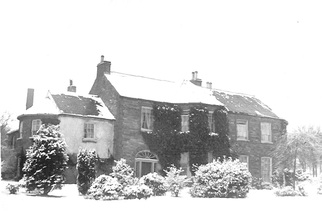
David Campbell’s early life.
The boy was born of missionary parents in India on a dark starless night on the 29th January, 1891. His father, the Reverend William Howard Campbell, christened him David Callender after his great grandfather David Callender of Leith. The influence of his father was an important factor in the formation of the boy's character, as they were both men of strong will and high principles. They were both outstanding athletes, and born leaders of men, and they exerted a great influence among their fellow-students at Edinburgh University. They were both keen politicians, and William founded a socialist society at the University.
As a missionary in Caddapah, India, he learned the language so well that he wrote books in it, notably a Telugu Concordance on the Bible.
“Master speaks with our tongue,” is what the congregation said of him.
~~~~~
Davie did not remember much about his early years in India. The child of a harmonious marriage, he was spared those bewildering perplexities and nightmares that mar the childhood of the less fortunate.
The first nine years of their marriage were among the happiest in the lives of the two parents, William and Elizabeth. William was absorbed in his missionary work, Elizabeth in setting up her home and in assisting her sister-in-law, Dr. Florence Campbell, in her medical work amongst the women of India. However, when Elizabeth's babies arrived in rapid succession, she lost interest in all but her family. Life in India never attracted her. The first impressions left by that strange land, on a mind matured on the strictest Victorian principles, was disturbing in the extreme. She was shocked by the uninhibited breeding habits of the ubiquitous monkeys, the disturbing ceremonies in the dark vastness of the temples, the child marriages, and the treatment metered out to widows. So shocked, indeed, that she kept herself detached from it all, as much as possible, and concentrated her attention on her family. She did, however, take pleasure in the fact that every time she produced another 'man child', she rose to higher esteem in the eyes of her husband's congregation.
The usual tour of a member of the London Missionary Society lasted about seven years. The time for going on furlough had already been extended by several months. Elizabeth was driven frantic by the thought that she would have to leave her children behind when she returned to India at the end of their required furlough. Tom, the eldest, was seven, Boyd was five, Davie was three, and Willie was a baby. Their education had to be considered, as well as the adverse effect which an additional seven years' stay in India would have on the children’s health. She was equally unable to contemplate the only alternative - that of letting her husband return to India without her. A cruel dilemma, but it had to be faced.
At last the family set off on the journey home. A long sea voyage, with four boisterous boys, was no small matter in those days. Trouble was to be expected, and trouble there was. Crossing the Red Sea little David got convulsions. It was touch and go, but, by a miracle he survived. His baby brother, Willie, died of malaria in the Mediterranean.
The year of home leave passed all too soon. The dreaded moment for Elizabeth had arrived. She had to decide whether to stay with her children, in her beloved Ireland, or to return to India with her husband. Elizabeth showed her courage. She said a tearful farewell to her children, and to Ireland, and went with her husband back to India. The children were left in the care of their parental grandmother at Ballynagard House in Londonderry on the River Foyle. A big house, with a large garden and orchard made it possible for the children to enjoy a healthy, busy, outdoor life.
Agnes Callender Campbell of Leith (born 1834) was a truly remarkable, highly gifted woman. She had eleven children of her own and was prepared to take on the care of her grandchildren. It was due to her that the children did not feel uprooted and unhappy after being separated from their parents. They took to their new life like ducks to water. The brothers spent their days running free in the big garden, climbing the old trees, looking for birds' nests, or playing at the water's edge. From the moment they came back from school they were full of mischief. Mr. Henderson, the land steward, put up with a lot from the boys, but the following incident was the last straw. The boys took turkeys from the farmyard, climbed into the trees and left the birds there because, they said, turkeys ought to roost in trees at night as they do in India. Mr. Henderson decided at last to speak to their grandmother.
“Was their mother a heathen?” he asked.
“Oh, no,” she answered. “You know who their mother is, Elizabeth Boyd from Ballymoney.”
“Were they suckled by savages then?” he asked, scratching his ear.
The children adored their grandmother. She would tell stories, read aloud, or sing to them in her sweet voice. And she taught Davie much. She was a devote Christian by example and precept, and from her he learned consideration for others. She taught him to crochet, so that he might make garments for the children of Dr. Barnardo’s Home. They went to Church on Sundays. They enjoyed large happy Christmas dinners, but were always looking forward to their parents’ periodical visits from India.
Agnes Campbell’s influence accounts for Davie’s strong re1igious principles, his determination to preserve the liberties of the Protestant religion, and for his liberal attitude towards educational and social reforms. He was to become an elder of the Church of Scotland in Malta during the Second World War, and for some time after.
From his grandfather, Thomas Callender Campbell, David learned to play Whist. During the long winter evenings little Davie played with his grannie, grandfather, and Aunt Alice; and so laid an early foundation for his later considerable skill as a Bridge player. He got his looks from his great-grandfather William Campbell of Ballynagard who was nicknamed "Beau Campbell".
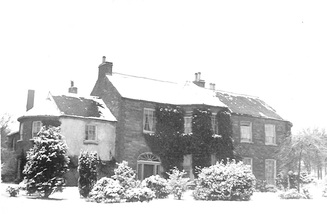
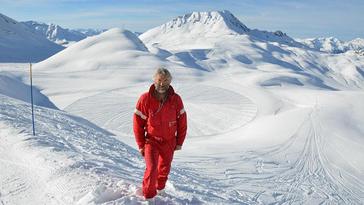
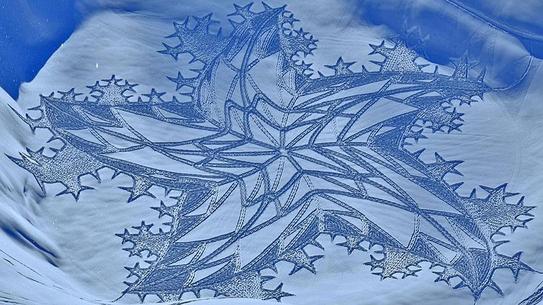

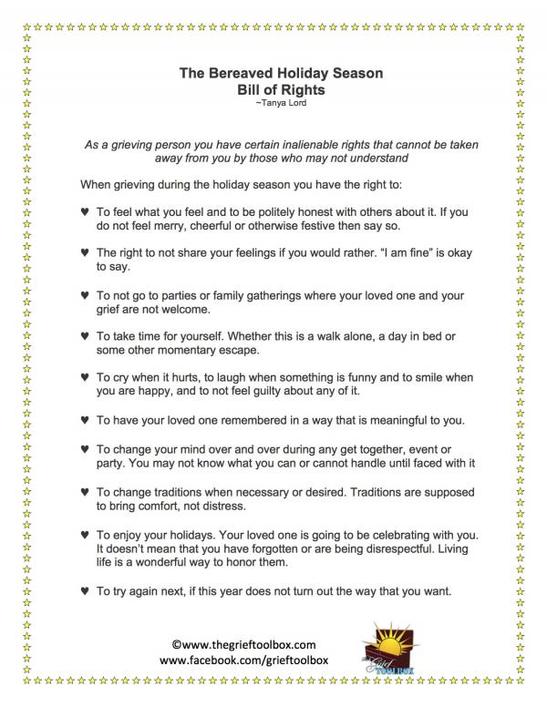
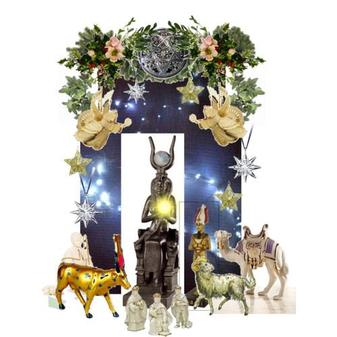
 RSS Feed
RSS Feed